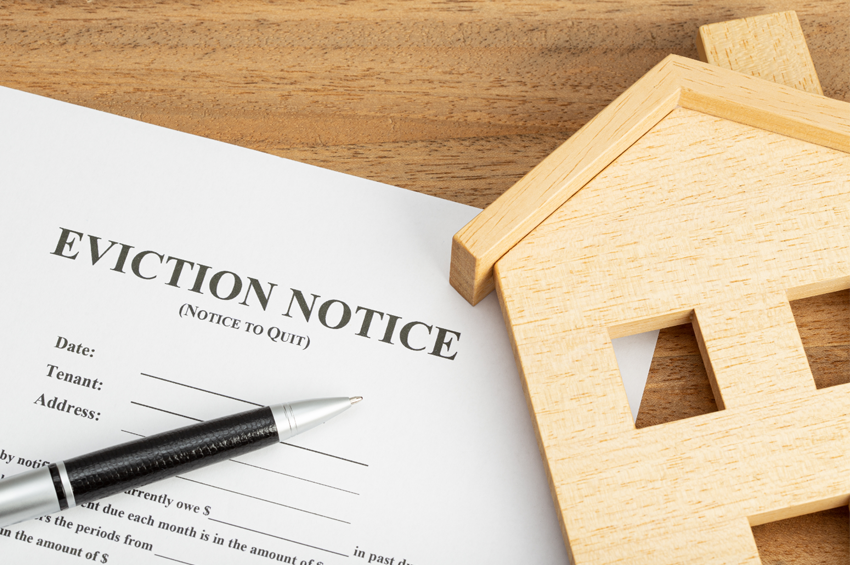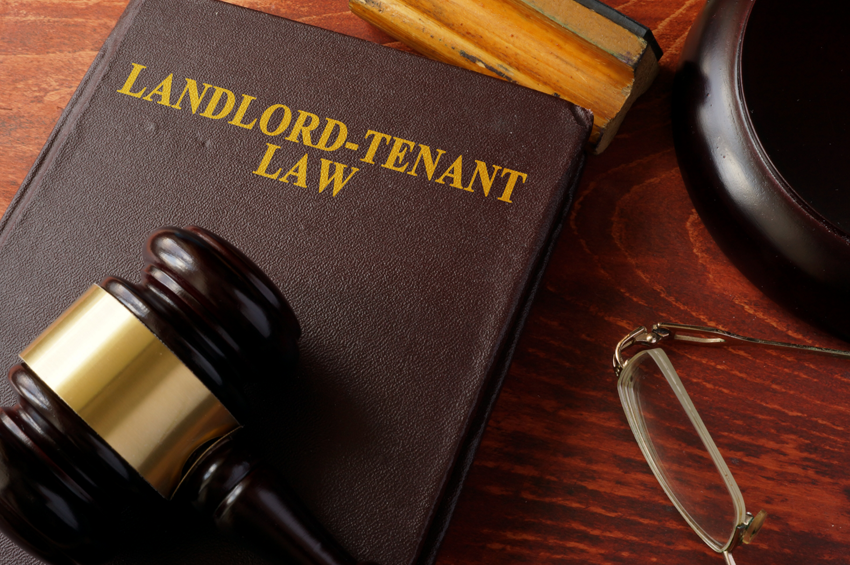Nearly every day there is a new article or announcement regarding the nationwide eviction moratorium. One day the eviction moratorium gets extended, but the next day a federal court rules that the moratorium is unconstitutional and the ban is lifted, but then the day after that, the moratorium continues due to a stay on the previous court order pending an appeal. All of these headlines, articles, and court decisions have led to a great amount of confusion for both tenants and landlords on where this eviction moratorium actually stands, and how it is impacting buyers and sellers.
As of now (but this could change at any time), the United States Center for Disease Control and Prevention (the “CDC”) extended the eviction moratorium until June 30, 2021. With all of the current litigation pending trying to overturn this ban, it is definitely possible that the moratorium could end earlier. However, at the same time, if the ban survives the current pending litigation, it is possible that the CDC may extend the moratorium again.

Many Buyers for Low Inventory
With the backdrop of this seemingly endless uncertainty regarding evictions, we are still in the midst of an incredible house buying boom with sales prices going up every month and not enough inventory to satisfy the appetite of the buyers feverously looking for a new home. Now the issue of tenants who won’t leave even though their lease is expired and the house is being sold has created problems for buyers and sellers. It is becoming more common to hear about the stories of buyers finally finding the perfect home, but having the deal collapse because tenants refuse to leave the property.
If you are selling a property that is currently occupied by a tenant who refuses to leave, it is imperative that you reach a resolution with the tenant prior to the sale, or you will run the risk of the deal falling apart at the last minute. One solution is to offer the tenant a partial or even full rental waiver if they agree to move out by a certain date. This benefits the tenant because their large rent debt is wiped out, which erases their fear of going into collections after the moratorium is eventually lifted. Some landlords have offered cash for keys where the landlord agrees to pay a fixed amount to the tenant in exchange for them moving out by a certain date.
Such arrangement may or may not also come with some amount of past due rent waiver. Finally, another strategy may be to find a buyer who is willing to take the property with the existing tenants. There is currently so much competition for houses where some homes are receiving over 20 offers on the first day that they are listed that there is likely to be some buyers out there who are willing to take on a property that have non-paying tenants.
The Eviction Moratorium : Who Qualifies
- they have used best efforts to obtain all available governmental assistance for rent;
- They either (i) earned no more than $99,000 (or $198,000 if filing jointly) in 2020, or expect to earn no more than $99,000 in annual income for 2021 (or no more than $198,000.00 if filing a joint tax return), (ii) were not required to report any income in 2020 to the U.S. Internal Revenue Service, or (iii) received an Economic Impact Payment (i.e., a stimulus check);
- they are unable to pay the full rent or make a full housing payment due to substantial loss of household income, loss of compensable hours of work or wages, a layoff, or extraordinary out-of-pocket medical expenses;
- they are using best efforts to make timely partial payments that are as close to the full payment as their circumstances permit, taking into account other nondiscretionary expenses; and
- eviction would likely render them homeless, or force them to move into and live in close quarters in a new congregate or shared living setting, because they lack other available housing options.
If these factors don’t apply to the tenant, and they fail to provide this written declaration, then the moratorium is inapplicable and the landlord may be able to pursue an eviction.

If a landlord attempts to move forward with an eviction, then there is one other new rule that just went into effect on May 3, 2021 regarding the 3 day notice, which is the standard notice that landlords are required to provide to their tenants before the landlord is permitted to start an eviction. A new regulation from the Consumer Financial Protections Bureau (the “CFPB”) is requiring all 3 day notices to contain the following language: “Because of the global COVID-19 pandemic, you may be eligible for temporary protection from eviction under Federal law. Learn the steps you should take now: visit www.cfpb.gov/eviction or call a housing counselor at 800-569-4287.” If a landlord fails to include this language in their 3 day notice prior to filing an eviction, then the landlord’s case is at risk of being dismissed.
Despite the cloud of uncertainty for tenants, landlords, buyers, and sellers, at some point in the very near future, this eviction moratorium will end, but in the meantime, it is important to have an understanding of the ways to navigate the ban without running afoul of any of these new rules.























